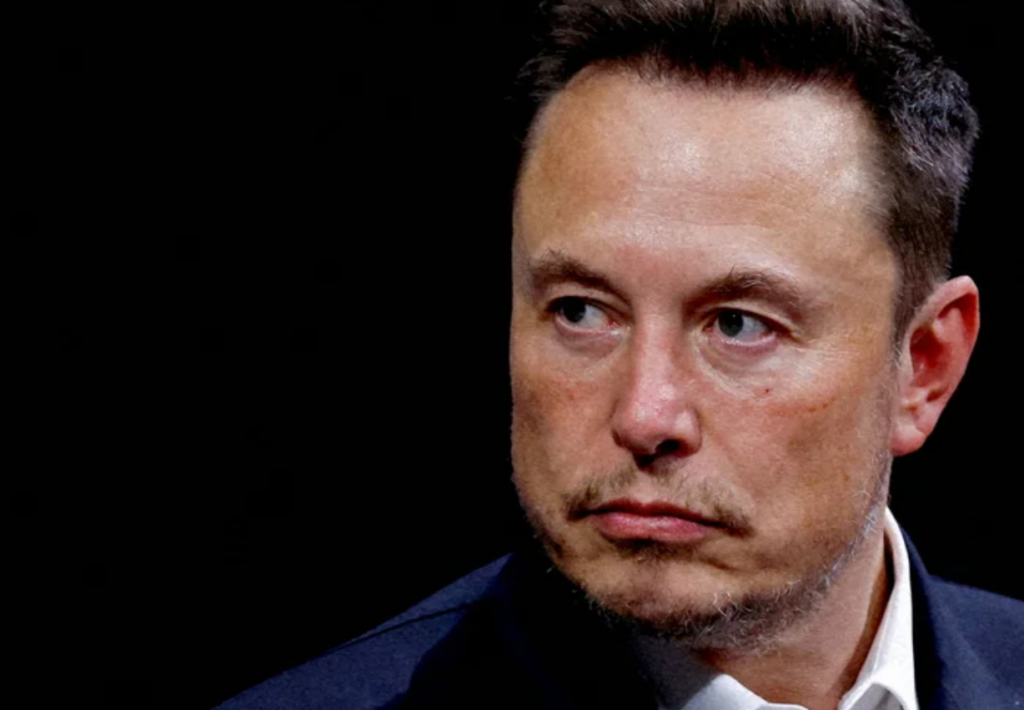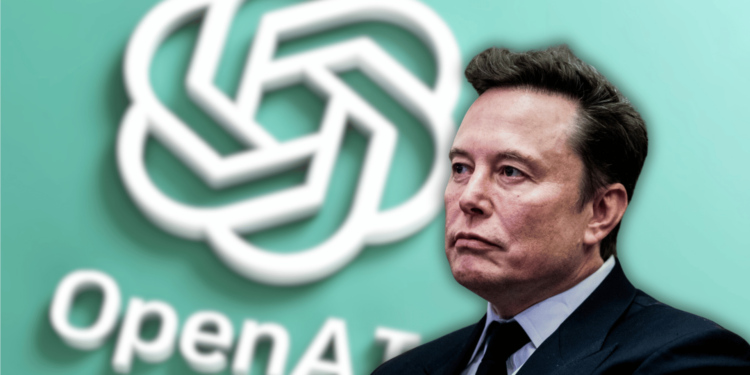- Elon Musk’s investor group offered $97.4 billion to take control of OpenAI.
- Musk’s AI company xAI may merge with OpenAI if the deal is approved.
- The bid reignites tensions over OpenAI’s shift from nonprofit to profit-driven operations.
A group of investors, led by billionaire Elon Musk, has reportedly put forward a staggering $97.4 billion offer to acquire control of the nonprofit overseeing OpenAI, according to a report by The Wall Street Journal on Monday. This move is the latest twist in the ongoing rivalry between Musk and OpenAI CEO Sam Altman—centered on the future direction of the company that’s been driving the explosive growth of generative AI tech.
Musk’s attorney, Marc Toberoff, submitted the bid to OpenAI’s board earlier this week, the report claims. Toberoff also shared a bold statement from Musk, where he emphasized his vision: “It’s time for OpenAI to return to the open-source, safety-focused force for good it once was. We will make sure that happens.”
For now, neither OpenAI, Musk, nor Toberoff have responded to press inquiries. Even Microsoft—an OpenAI backer—has remained silent.
xAI’s Role and Musk’s Vision
The offer isn’t just about Musk throwing money around. His relatively new AI venture, xAI, is backing the deal and might even merge with OpenAI if it all goes through. According to WSJ, this proposal signals Musk’s intention to reshape the organization in line with his ideals.
Musk, who co-founded OpenAI with Altman back in 2015, left before things really took off. Since then, the two have taken very different paths—Musk launching xAI in 2023 to compete in the AI space while OpenAI skyrocketed to prominence with ChatGPT and other advanced models.

Conflict Over OpenAI’s Mission
At the heart of the tension is a philosophical divide: Musk believes OpenAI has strayed from its original nonprofit mission. He filed a lawsuit last year, accusing Altman and OpenAI of turning away from their promise to develop AI for the good of humanity. Instead, Musk argues, the organization has become overly focused on making profits.
OpenAI, however, maintains that transitioning to a “capped-profit” structure is necessary to raise the funds required for developing cutting-edge AI systems. Without that capital, they say, keeping pace with the ever-growing competition in the field would be impossible.
Whether this bid will lead to a shake-up at OpenAI—or if it will be rejected outright—remains to be seen. But one thing is certain: the stakes in the AI race have just been raised.














